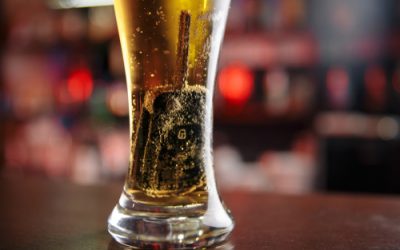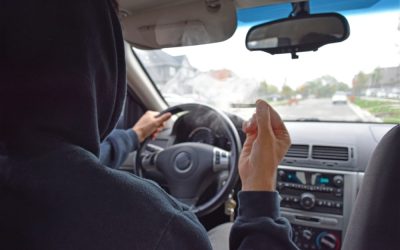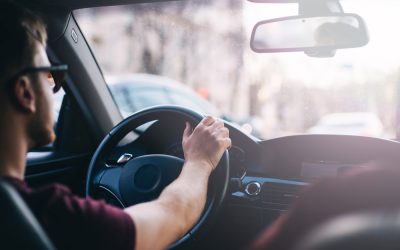Most people who are pulled over for DUI aren’t expecting it. Often, you had a few drinks in a social situation and felt fine (and looked fine to your friends) when you got in the car. You may not have even been breaking the law. But, depending on how you handle your interaction with police, you could still be arrested and even convicted of DUI. That’s why it’s so important to know what to do when you’re stopped.
The Police Are Not Neutral
When law enforcement pulls you over, they’re doing it because they already believe you committed a crime. Depending on the driving patterns they saw, they might only suspect you of speeding, or they might already be investigating you for DUI. Even if they act friendly, they are not on your side. They are looking to bust you.
This is the most important thing to know when dealing with police at a traffic stop.
How should I answer the questions the officer asks me?
You should never lie to police. If you were drinking, don’t say you weren’t. Instead, remember that you are not obligated to respond. You are allowed to politely decline to answer. The key is politeness—do not antagonize police, and don’t be disrespectful.
Here are some of the most common questions police ask and how to answer:
- “Do you know why I pulled you over?”
The officer is hoping you will say something incriminating. Answer with, “No, officer, can you tell me?” - “How much have you had to drink?”
This is a leading question. They didn’t ask if you were drinking, they asked how much. This is a way to trick you into admitting you were drinking. Instead, answer, “I’m sorry, officer, what makes you think I’ve been drinking?” - “Have you been drinking today?”
Most people try to downplay their drinking. They will say, “I had some wine with dinner a couple of hours ago.” This is a trap. Not only did you admit you drank, but you have given them a timeline. Since you drank several hours ago, your body already eliminated some of the alcohol. So whatever blood alcohol concentration (BAC) you get when you take a breath test after your arrest, the officer can assume you were even drunker when you were actually driving.
Instead, answer: “Officer, I’d rather not answer any questions. Am I free to go?”
What else should I do/not do during the traffic stop?
Know your rights. Here are easy steps you can take to protect yourself during a traffic stop:
- Don’t take the PAS breath test.
During the traffic stop, police may ask you to take a breathalyzer test called a PAS test. Unless you are under 21 or on DUI probation, you are not required to take this test. Politely decline it.
(After you are arrested for DUI you will be required to take a breath, blood or urine test, and there are penalties if you refuse. Do not refuse this post-arrest test.)
- Decline the field sobriety tests.
The field sobriety tests (FSTs) are designed to give officers more evidence against you. Taking them will never help your case. Even sober people routinely fail these tests, but your failure will be taken as proof of DUI. Politely decline—it’s your right.
- Don’t explain.
Police will ask you why you won’t take the PAS or FSTs. You don’t have to explain. The more you talk the more evidence they will have against you. Say, “I prefer not to,” and leave it at that.
- Request a lawyer.
Police can become aggressive, repetitive, or even take on a bullying tone. Alternately they may pretend to be on your side. If they keep asking you questions, simply say you want to speak to a lawyer and leave it at that.
Remember, the more you say the more likely you are to incriminate yourself. Police won’t usually read you your Miranda rights until long after the arrest—but you still have the right to reman silent. Say as little as possible and talk to a DUI lawyer as soon as possible.
Have you been charged with DUI? We can connect you with an experienced Los Angeles DUI lawyer and get you a FREE consultation. Fill out the form to the right or call (310) 896-2724 and get your free consultation today.






